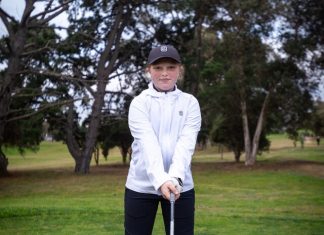More needs to be done to prevent abuse of older people, according to an expert on the subject.
Michele Wharrie, Wyndham council’s ageing, disability and inclusion portfolio- holder and a criminologist and social worker, said the issue of elder abuse was a big one.
Speaking on World Elder Abuse Day last week, Cr Wharrie said there were many components to elder abuse, and perpetrators were mainly children or grandchildren.
“It’s exactly the same as family violence and the only difference is that it focuses on people of 60 and over,” she said.
“The forms of elder abuse are physical, psychological, financial and sexual, and an added component of neglect.
“The majority of cases are financial and psychological.”
Cr Wharrie said working in hospitals and aged care in her capacity as a social worker had exposed her to many cases of elder abuse.
“The psychological component is where perpetrators use standover tactics,” she said.
“Constant demanding, constant pressure, can result in negative health outcomes for older people, particularly heart attacks, strokes and depression.”
She said the financial component often involved the victim’s children or grandchildren making demands for money.
“Many perpetrators come from a tradition where they believe their inheritance belongs to them,” Cr Wharrie said.
“They play on this and demand it.
“They believe money and property belong to them.”
Cr Wharrie said drugs, alcohol, gambling, rental bonds and housing deposits were other reasons for elder abuse.
She said the biggest issue in Victoria around elder abuse was that men did not report it when they were victims.
And because matters, excluding physical ones, were dealt with in the civil courts and not by police, victims also avoided reporting them.
According to state government figures, one in 20 older Victorians is a victim of elder abuse.






